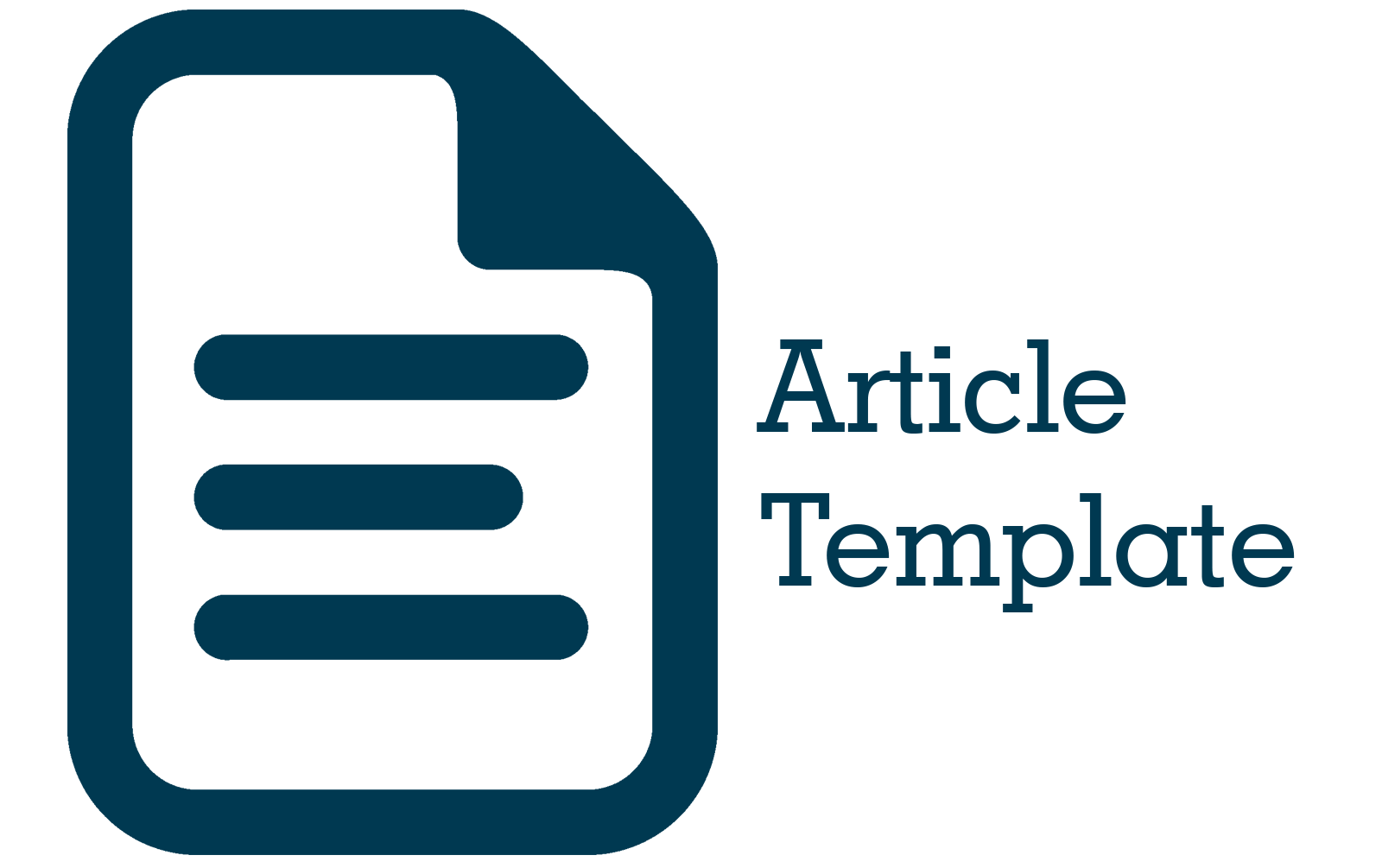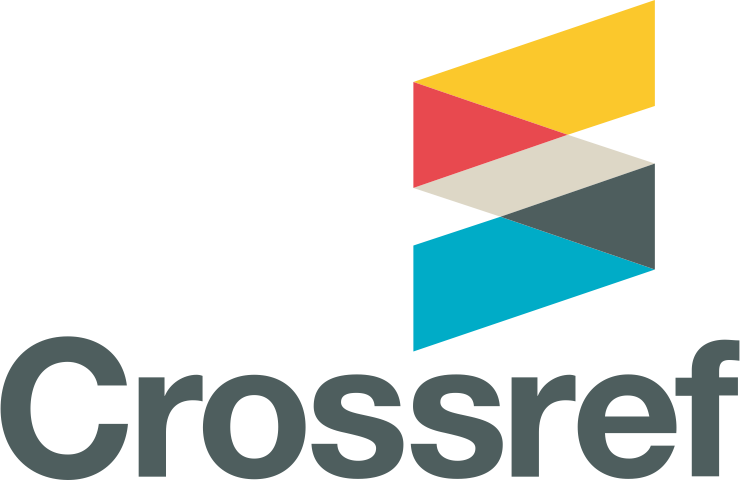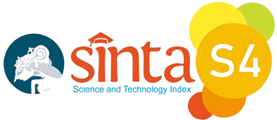Analisis Perbandingan Kinerja Backend API Menggunakan PHP, Golang, dan JavaScript
DOI:
https://doi.org/10.62411/tc.v24i1.12080Abstract
Pengembangan backend API yang efisien sangat penting dalam mendukung aplikasi web modern. Namun, pemilihan bahasa pemrograman dan metode query yang optimal masih menjadi tantangan bagi pengembang. Penelitian ini bertujuan untuk membandingkan kinerja backend RESTful API yang dibangun menggunakan tiga bahasa pemrograman (Go, PHP, dan JavaScript) serta empat metode pengambilan data (Raw SQL, ORM, Query Builder, dan Stored Procedure). Metode penelitian yang digunakan adalah kuantitatif true-experimental, dengan pengujian Load Testing, Spike Testing, dan Stress Testing untuk mengevaluasi jumlah permintaan yang berhasil, penggunaan CPU, dan penggunaan memori. Hasil pengujian menunjukkan bahwa Go dengan Raw SQL memiliki kinerja tertinggi dalam jumlah permintaan, waktu respons, dan penanganan beban, diikuti oleh Node.js, sementara PHP memiliki kinerja terendah. Kata kunci: Backend API, Pengujian Kinerja, Metode QueryDownloads
Published
Issue
Section
License
Copyright (c) 2025 Fanes Pratama, Ahmad Farisi

This work is licensed under a Creative Commons Attribution-NonCommercial 4.0 International License.
License Terms
All articles published in Techno.COM Journal are licensed under the Creative Commons Attribution-NonCommercial 4.0 International (CC BY-NC 4.0). This means:
1. Attribution
Readers and users are free to:
-
Share – Copy and redistribute the material in any medium or format.
-
Adapt – Remix, transform, and build upon the material.
As long as proper credit is given to the original work by citing the author(s) and the journal.
2. Non-Commercial Use
-
The material cannot be used for commercial purposes.
-
Commercial use includes selling the content, using it in commercial advertising, or integrating it into products/services for profit.
3. Rights of Authors
-
Authors retain copyright and grant Techno.COM Journal the right to publish the article.
-
Authors can distribute their work (e.g., in institutional repositories or personal websites) with proper acknowledgment of the journal.
4. No Additional Restrictions
-
The journal cannot apply legal terms or technological measures that restrict others from using the material in ways allowed by the license.
5. Disclaimer
-
The journal is not responsible for how the published content is used by third parties.
-
The opinions expressed in the articles are solely those of the authors.
For more details, visit the Creative Commons License Page:
? https://creativecommons.org/licenses/by-nc/4.0/
















